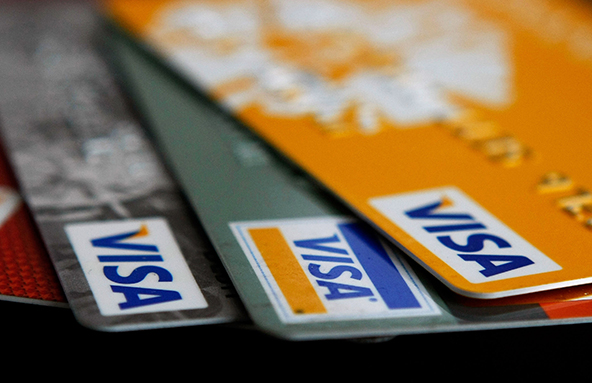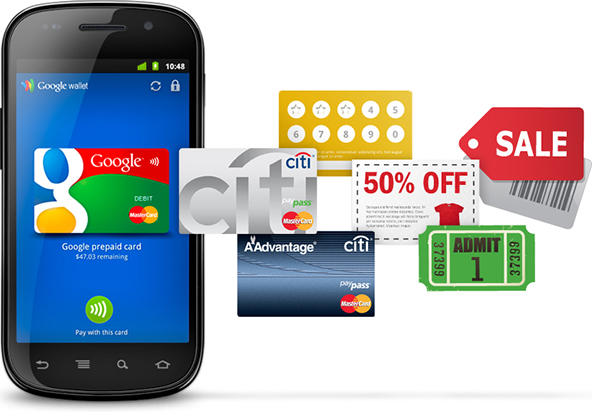Who Pays for Your Credit Card Rewards?

The issue of credit card rewards is one of those things reporters, bloggers, as well as academics, love to talk about. It has not yet risen to the status of some other payment topics, like for example my personal favorite one about the imminent demise of credit cards that has been repeatedly announced at regular intervals for a very long time now, but it is nonetheless a subject that attracts a great deal of attention. Of course here at UniBul Merchant Services we are far from immune to such pandemics and take every opportunity to tell everyone where we stand on these issues.
So the latest on the cost of credit card rewards comes courtesy of CardRatings.com’s Christina Couch. It is an interesting piece of writing, but unfortunately more so for the wrong reasons. And what really baffled me were the concluding paragraphs, which feature exhortations like “you can save money by not overspending on your rewards credit cards,” placed under a “How to fight back” heading and seem to imply that rewards are bad for consumers. That is so wrong that I would’ve thought it obvious, but then I also used to believe that the distinction between credit and debit cards was self-evident until I found myself forced to explain it. So let’s see what we can make of Couch’s be-careful-with-your-rewards-card warning.
The Lowdown on Credit Card Rewards
Couch is right to begin her rewards investigation by looking into the interchange fees — the fees issuers charge merchants for each transaction involving a bank card. She is also correct to point out that interchange fees for rewards credit cards are higher than the ones for non-rewards cards (although that is not the case for special types of cards, such as various business-to-business and purchasing cards).
Couch is also right to note that the difference in interchange fees between rewards and regular credit cards is used by issuers to finance their rewards programs. As one of the experts she quotes puts it, “[Rewards are] a cost to the bank and like any economic unit, they typically try to recover their costs with the price of the product.”
And yes, higher interchange does translate into higher overall processing cost, although the correlation here is not quite as straightforward as Couch makes it sound, because different pricing models give interchange different weight. But at the same time, rewards cardholders tend to spend more than others, which clearly benefits the retailer, offsetting at least some of the costs stemming from the higher interchange.
So if I’m agreeing with all that, what’s my problem? Well, for example there is this statement:
On top of interchange fees, retailers also pay smaller surcharges to the card processor, the consumers’ financial institution and other parties.
What’s wrong with this? Well, the fee charged by the “consumers’ financial institution” is the interchange fee, not a separate charge. But the bigger point is that the interchange on rewards cards is not all that much higher than the one on non-rewards cards and anyway it shouldn’t prevent consumers from using such cards.
Are You Worse off by Using a Rewards Card?
Most rewards cards today come with no annual fees and give you back points for every dollar you spend that can be redeemed for things like airline tickets or cash. On the other hand, non-rewards cards give you no such benefits. So can I just say that, all other things being equal, rewards cards are vastly more preferable to consumers than non-rewards ones?
Now, one of Couch’s contentions is that the higher interchange fees merchants pay when accepting rewards cards are reflected in their prices. This is a reasonable argument, although the interchange premium on rewards card transactions is negligible compared to the benefits for consumers. For example, the interchange difference between a rewards and a regular Visa credit card for the convenience store around the corner would be 0.14 percent of the transaction amount, whereas the cash-back on my Chase card at the same store would be three percent of the sales amount. You can do the math.
The Takeaway
If there can be a consumer argument against rewards cards, it is the one made in a 2010 paper by researchers from the Federal Reserve Bank of Boston who found that lower-income Americans are in fact subsidizing the cost of rewards programs. The authors concluded that:
Merchant fees and reward programs generate an implicit monetary transfer to credit card users from non-card (or “cash”) users because merchants generally do not set differential prices for card users to recoup the costs of fees and rewards. On average, each cash-using household pays $151 to card-using households and each card-using household receives $1,482 from cash users every year [a total transfer of $1,633 from the average cash payer to the average card payer].
That is an issue, but it doesn’t take anything away from the fact that rewards programs are all around us and many of them are really good. For as long as that is the case, it makes no sense for consumers who can get approved for rewards cards to choose regular ones.
Image credit: Actorsfcu.com.


Interesting article, I feel that rewards cards are a great incentive to make money while still purchasing necessities. People often abhor using credit cards, period, but I don’t; especially for the well disciplined consumer that uses their card responsibly. I stress that those who have credit cards should never carry a balance from month to month. If you don’t carry a balance and never pay fees then rewards cards are definitely worth having. In fact we remodeled our entire bathroom just using our rewards.
Elle,
You are making my point better than I did in my article. As you say, if you spend within your means and pay off everything on time, there is no downside in using rewards cards, while the upside is obvious. I keep getting offers from Citi, Chase and AmEx for cards with great rewards programs and hundreds of dollars or tens of thousands of rewards points or airline miles in sign-up bonuses. There is no reason not to take advantage of such offers.
Well I qualify for the great sign-up bonuses that are being offered right now and will be taking advantage of them for as long as they are available. I see no reason not to do it.
How to fight back against credit card rewards?! What was she thinking of? If I have a choice between a card with a rewards program and one without such a program, why would I choose the latter option? And anyway, why would I want to fight the issuers for giving me rewards for using their cards, which I would do anyway? Oh, well…
Well, credit card rewards are getting better and I have actually opened up a Chase card with a $200 sign up bonus. I see no downside to it and hope that the trend will continue.